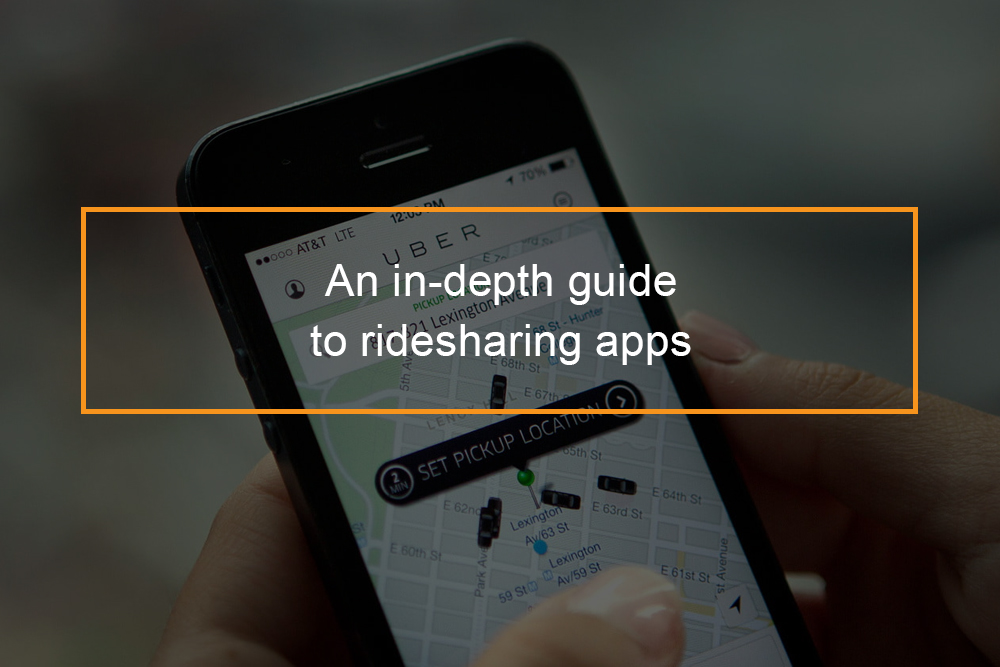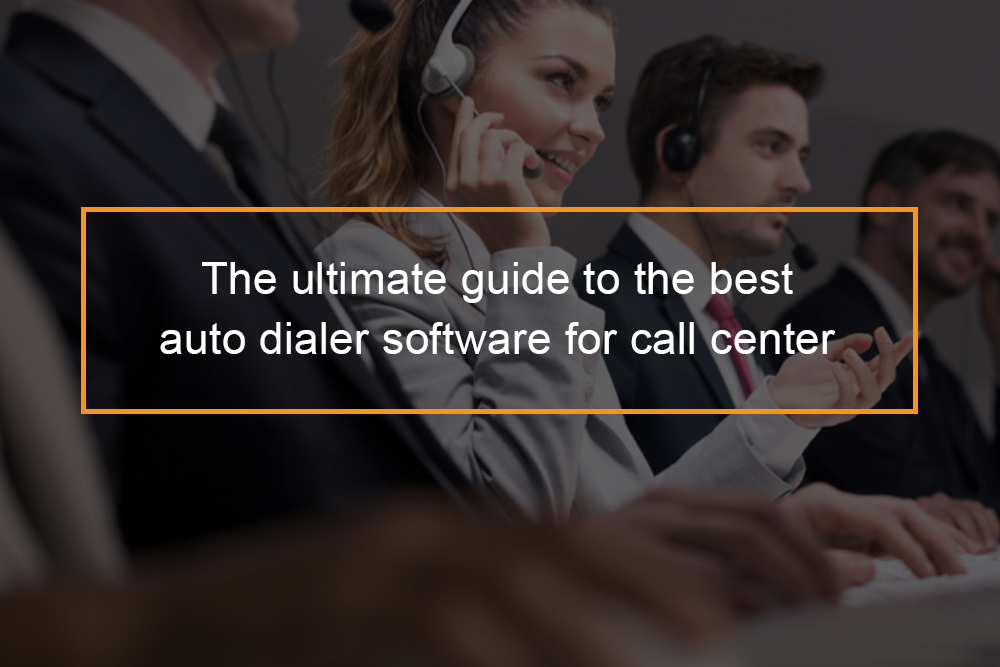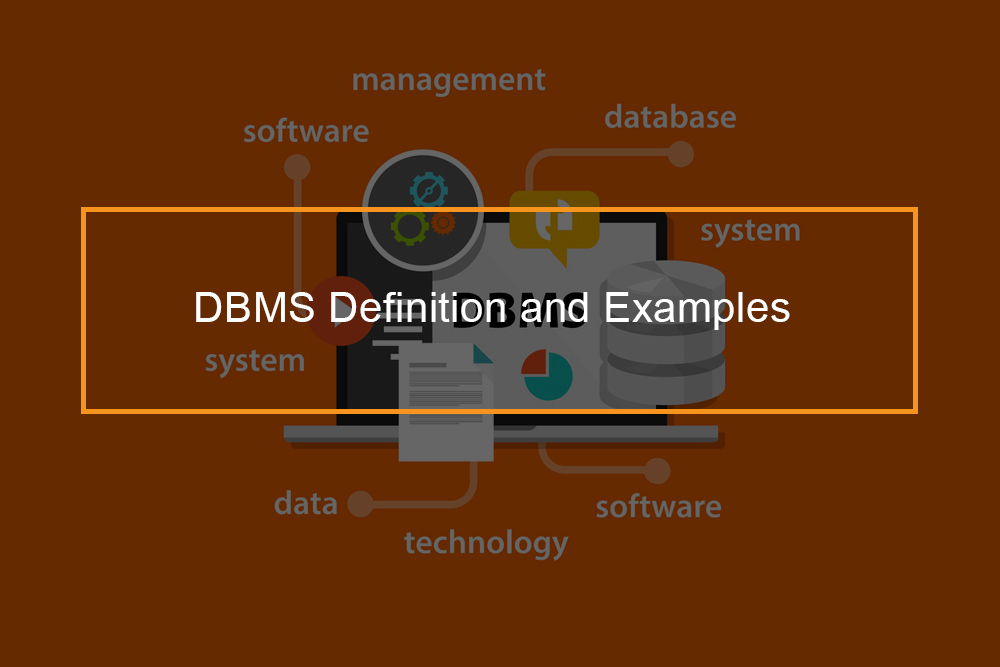The Power of Predictive Dialers

Understanding Predictive Dialers
In the fast-paced world of outbound sales and customer outreach, efficiency and productivity are paramount. Predictive dialers have emerged as a transformative technology, enabling businesses to optimize their calling campaigns and increase agent productivity. In this article, we will delve into what predictive dialers are, how they work, and the myriad benefits they bring to outbound sales operations.
Table of Contents
What are Predictive Dialers?

A predictive dialer is an automated dialing system that uses advanced algorithms and data analytics to predict the availability of agents and call recipients. It dials multiple numbers simultaneously and only connects calls to agents when a live person answers. The predictive aspect lies in the dialer’s ability to anticipate when an agent will become available and adjust the call pacing accordingly.
How Predictive Dialers Work
Predictive dialers are software-based tools used in call centers and telemarketing operations to efficiently manage outbound calling campaigns. They work by automating the process of dialing phone numbers and connecting agents to live callers while minimizing idle time. Here’s a step-by-step overview of how predictive dialers work:
- Data Import and Management: The first step in using a predictive dialer is to import a list of phone numbers and associated customer data into the system. This list typically includes information about the customers or leads you want to contact.
- Call Parameter Settings: Users can configure various settings for the predictive dialer, such as the desired call rate (how many calls to make per agent), maximum call attempts, and call quality thresholds. These settings determine how the predictive dialer operates.
- Call Pacing Algorithm: The predictive dialer uses a call pacing algorithm to determine the rate at which it should dial numbers. This algorithm takes into account historical data, such as call answer rates, average call duration, and agent availability, to predict when agents will be available to take calls. The goal is to minimize agent idle time and avoid situations where there are more live calls than available agents.
- Automated Dialing: Once the dialer is set up, it begins automatically dialing phone numbers from the imported list. It can make multiple calls simultaneously, often using multiple phone lines or channels.
- Call Monitoring and Detection: As calls are dialed, the predictive dialer monitors the progress of each call. It can detect various call outcomes, including:
- Live Answer: When a call is answered by a live person, the predictive dialer quickly connects the call to an available agent. This minimizes the time the customer spends waiting for an agent.
- Voicemail/Answering Machine: If the dialer detects an answering machine or voicemail, it can leave a pre-recorded message or schedule a callback.
- No Answer/Busy Signal: If the dialer encounters a situation where there’s no answer or a busy signal, it can mark the call for a later retry based on the configured parameters.
- Disconnected Number: If the dialer determines that a phone number is disconnected or invalid, it can flag it for removal from the calling list.
- Agent Availability: The predictive dialer continuously monitors agent availability. When an agent finishes a call, the dialer immediately connects them to the next live call in the queue, ensuring minimal downtime between calls.
- Call Recording and Logging: The dialer may record calls for quality assurance, compliance, and training purposes. It also logs call details, including call outcomes, call duration, and customer information.
- Reporting and Analytics: Predictive dialers typically provide reporting and analytics tools to track campaign performance, agent productivity, and call outcomes. These reports help supervisors make data-driven decisions and optimize call center operations.
- Compliance and Regulations: Predictive dialers must comply with various regulations, such as the Telephone Consumer Protection Act (TCPA) in the United States, which governs telemarketing practices. Dialers may have features like compliance scripting and call abandonment rate monitoring to ensure compliance.
Predictive dialers automate the outbound calling process in call centers by predicting when agents will be available and dialing numbers accordingly. This automation increases agent productivity and efficiency while maintaining compliance with relevant regulations.
Benefits of Predictive Dialers
Predictive dialers are a type of software that automates the process of making outbound calls. They use algorithms to predict when an agent will be available to take a call, and then dial the next number on the list accordingly. This can significantly increase the number of calls that agents are able to make each day, and lead to a number of other benefits, including:
|
|
|
|
In addition to these benefits, predictive dialers can also offer a number of other features, such as:
|
|
|
Overall, predictive dialers can be a valuable tool for businesses of all sizes. They can help to increase productivity, boost sales and lead generation, improve customer service, and reduce costs.
Challenges and Considerations
While predictive dialers offer a number of benefits, there are also some challenges and considerations that businesses should be aware of before implementing one.
|
|
|
In addition to these challenges, there are a few other things to consider when choosing and implementing a predictive dialer:
|
|
|
Overall, predictive dialers can be a valuable tool for businesses of all sizes. However, it is important to be aware of the challenges and considerations involved before implementing one.
Tips for overcoming the challenges of predictive dialers
Here are some tips for overcoming the challenges of predictive dialers:
- Compliance: Make sure that your predictive dialer is configured to comply with all relevant telemarketing regulations. This includes obtaining the necessary consent from customers and providing an opt-out option.
- Agent burnout: Provide agents with adequate training and support to help them manage the volume of calls. You may also want to consider using call scripting and automating routine tasks to reduce the workload on agents.
- Customer perception: Be transparent with customers about how you are using a predictive dialer and give them the option to opt out of receiving calls. You can also use a predictive dialer to deliver personalized messages to customers, which can help to improve their perception of the technology.
Conclusion
Predictive dialers have become indispensable tools in the world of outbound sales and customer outreach. Their ability to optimize call pacing, increase agent productivity, and enhance lead management makes them invaluable assets for businesses across various industries. However, it’s essential for businesses to implement predictive dialers thoughtfully, maintaining compliance, and ensuring a positive customer experience to fully leverage their benefits in the competitive landscape of outbound sales.









